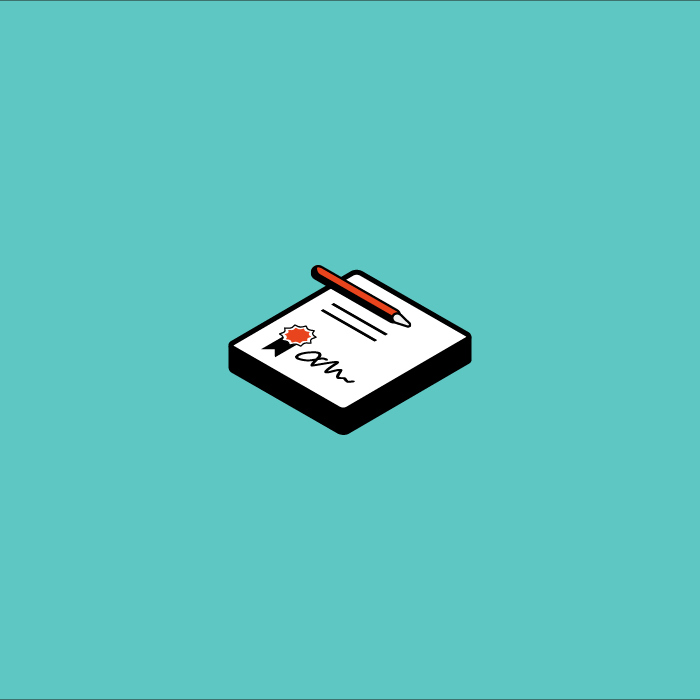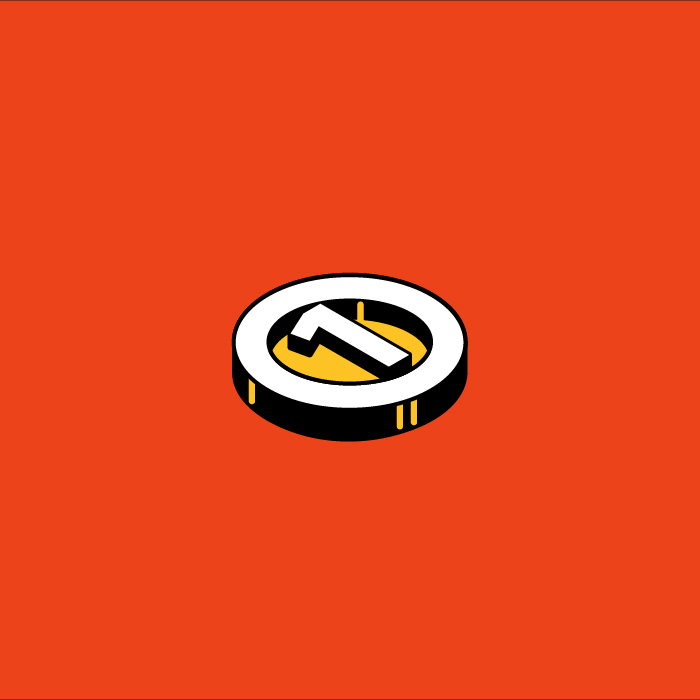Every case is different: individual solutions for licensing
Once a transfer partner has been found for the further development or commercial application of your technology, the question of the form of cooperation and the contractual regulations immediately arises. At KIT, experienced license managers take care of the administrative part of the entire licensing process. If intellectual property rights, software or specific know-how are available at KIT and this intellectual property is to be used commercially by the transfer partner, a license agreement is usually drawn up and finally agreed with the institute - this also applies if the transfer partner is a spin-off of KIT. If a transfer of KIT intellectual property rights to a transfer partner is planned for a fee, a transfer agreement is concluded.
Our service offer for KIT employees:
- Advice on out-licensing of intellectual property (IP)
- Negotiation of balanced, standard market license agreements
- Drafting and management of license and transfer agreements
- Advice, negotiation and drafting of contracts relating to technology transfer projects supported by the NEULAND Innovation Fund
- Contract controlling including tracking of license payments
- Management of legally owed invention royalties
- Support with IP issues as part of the third-party funding process at KIT

Receive individual advice
Have you found a transfer partner for the further development and commercial application of your technology and have questions about licensing out your intellectual property? You want to apply for a third-party funded project and are wondering whether you are allowed to use existing KIT intellectual property within the scope of this third-party funded project? Then contact the KIT licensing team with your questions.
Guidelines at KIT
The handling of license agreements, monetary returns and their administration is laid down in the guidelines for technology transfer at KIT.
Forms of out-licensing
KIT grants rights of use to its intellectual property, in particular industrial property rights, software or specific know-how, to transfer partners such as companies and spin-offs at standard market conditions. These rights are usually transferred in the form of licenses, which are generally adapted to the individual case with regard to the scope of use. Licenses can be exclusive or non-exclusive and limited in terms of time, location and application. The structure of license agreements is therefore different for each case.

A company would like to develop and distribute its own products based on KIT's intellectual property? Only with the acquisition of a license is the company permitted to use this commercially. The KIT licensing team is available to advise you throughout the entire licensing process and represents KIT in license negotiations. In addition to the direct acquisition of licenses, it is also possible to further develop the research results in cooperation with a company.
Find a contact person
If a scientific spin-off wants to establish a business and sell products or services based on intellectual property of KIT, it also needs a license from KIT. Commercial use is only permitted once a license has been obtained. The founding team can obtain information from the KIT license managers about the usual framework conditions for license agreements with spin-offs at KIT.
More information for those interested in founding a company
By exploiting your research results in return for payment in the form of property rights, software or know-how, KIT has the opportunity to additionally promote excellent science at KIT and provide incentives for innovation. With the help of license income, returns are generated that are distributed proportionally within KIT.
More about license incomeIf you have unpublished work results that are secret, essential and identifiable, but not protected by an industrial property right, it may be possible to exploit them for a fee on the basis of know-how licenses. A clear definition of know-how is required for agreements with potential partners. Our fact sheet on know-how gives you an overview of the special case of know-how agreements.
To the fact sheetThere are different ways of licensing out software for the purpose of exploitation: On the one hand, traditional out-licensing for a fee (so-called proprietary licensing), and on the other hand, free open source licensing. However, the latter opens up other commercial business models, such as service offers, commissioned further developments or complementary additions. Further information can be found in our handout on free/libre open source software in the guidelines on technology transfer, see chapter 10.
To the guidelines